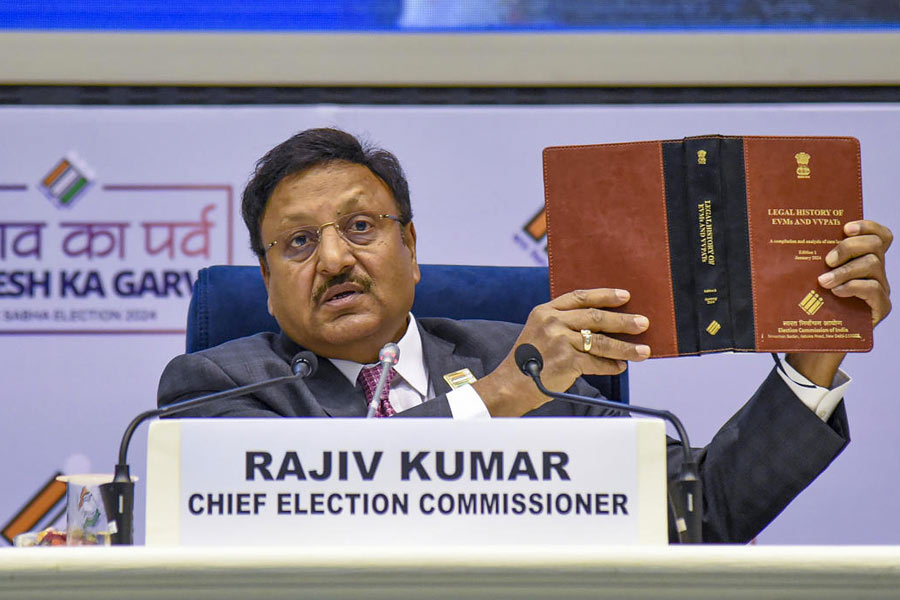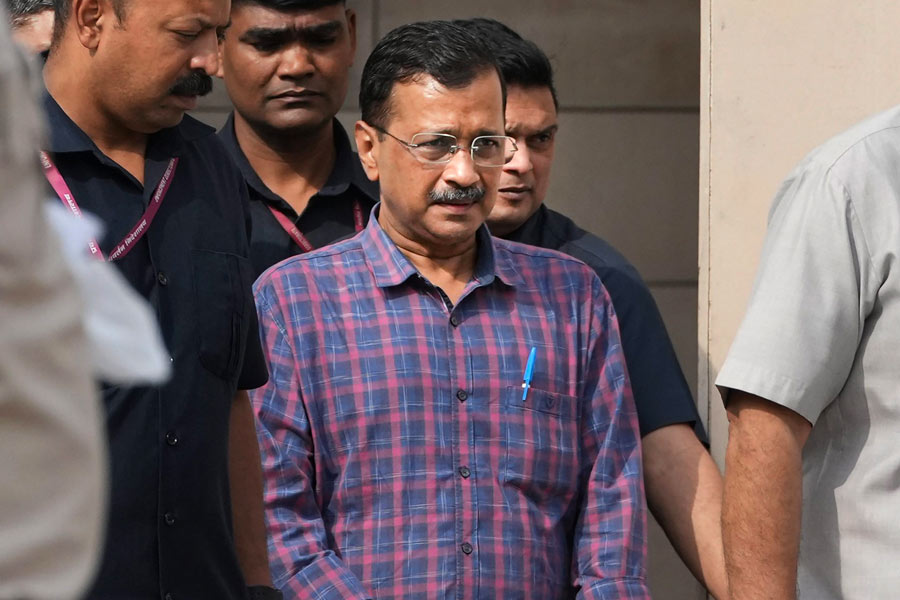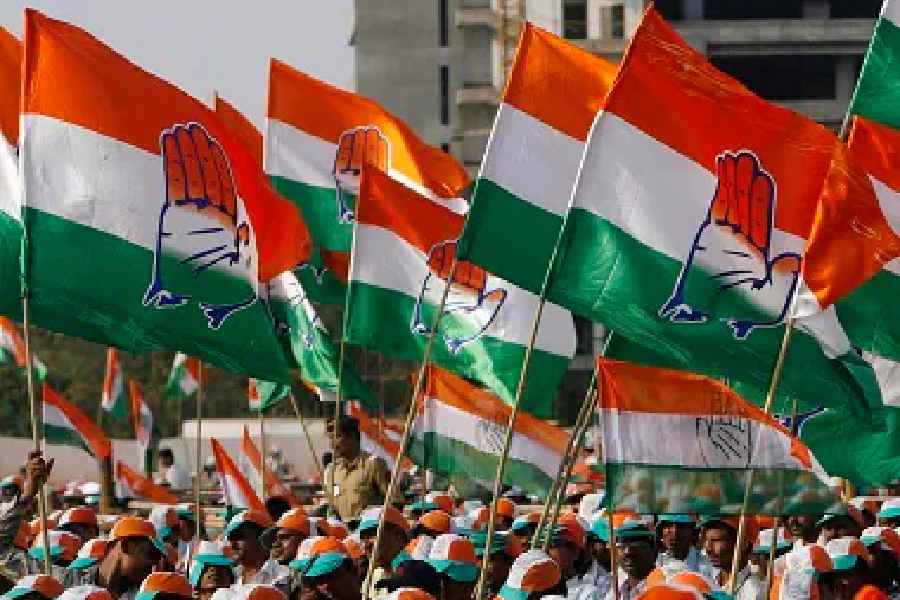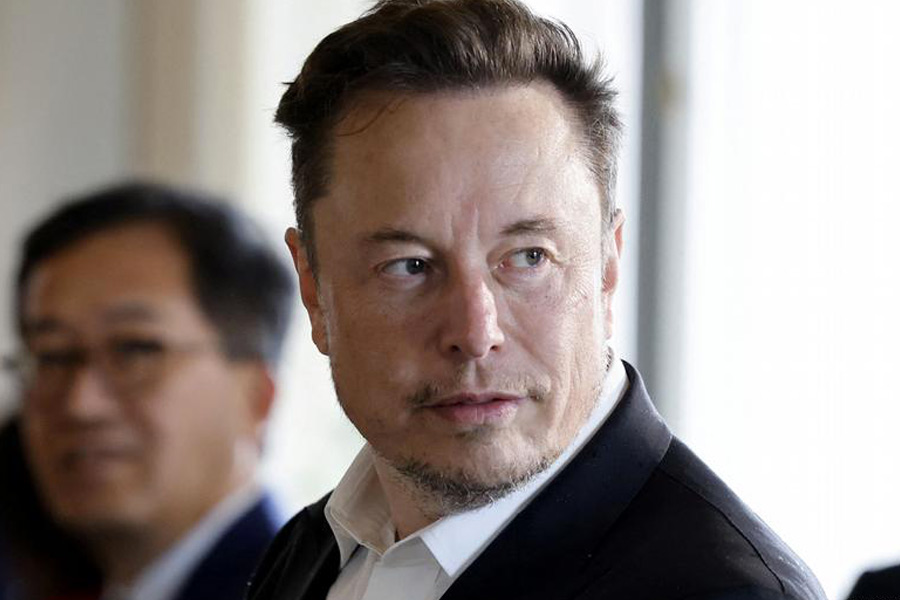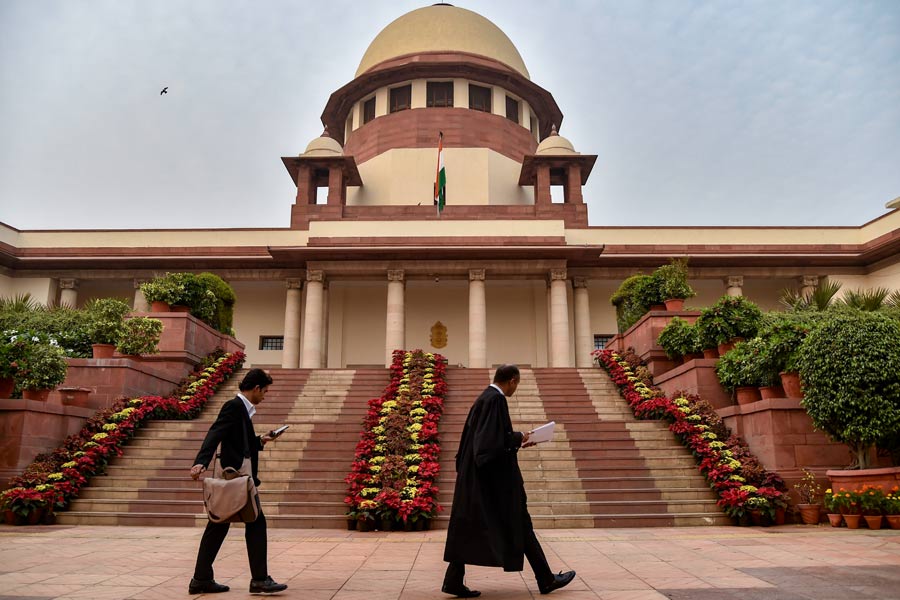Sixteen weeks after the abrogation of Article 370, the outcome of that dramatic and landmark move on India’s foreign policy is clear. Despite global clout that India has never previously had, its foreign service officers have been forced into defensive explanations of the situation in Kashmir when they meet diplomats, world leaders or legislators from other countries. India’s external image has taken a hit.
But the real reasons why even traditional friends aren’t standing by the Indian government might have little to do with Kashmir, and more to do with another arena that New Delhi has mismanaged and where it finds itself increasingly isolated: the economy.
At the start of the month, the visiting German chancellor, Angela Merkel, told reporters in New Delhi that the situation in Kashmir — an internet shutdown that has now lasted almost four months, closed schools and mass detentions, including those of mainstream political leaders — was “unsustainable”. It was an embarrassing comment for Prime Minister Narendra Modi, minutes before he was to host Merkel for dinner. Days later, Finland’s foreign minister, Pekka Haavisto, echoed Merkel, saying the lockdown in Kashmir was “not sustainable”.
Meanwhile, Indian leaders and ambassadors are feeling the need to justify the government’s position on Kashmir in almost every diplomatic conversation they’re holding with their counterparts. On November 7, Kashmir came up during the visit to Serbia by the foreign minister, S. Jaishankar. Over a span of three days starting October 30, the Indian ambassador to the United States of America, Harsh Vardhan Shringla, met 10 members of the US Congress — Kashmir figured in at least eight of those conversations, according to the embassy’s own tweets.
India has long maintained that Jammu and Kashmir is strictly an internal matter, and has opposed internationalization of the debate on the region’s future. It’s a position that the Modi government too has upheld. For Indian diplomats and ministers to need to deviate from that — albeit to make the government’s case internationally — only underscores the pressure they’re under in the face of global opinion that isn’t favourable for India.
In the past, the attraction of India’s booming economy and giant market have combined with the West’s hope in the country as a bulwark against the rise of China to shield New Delhi from such harsh scrutiny. Consider the relatively muted response to the public lynching of Muslims and Dalits, or the attacks on churches, that marked different stages of the Modi government’s first term.
But this time, the economy is proving a difficult cheque to cash — there’s too little in the bank. GDP growth is declining with each quarter. With consumption slowing down, the sheen is fading from the promise of India’s middle-class market that had drawn investors for the past several years.
Then there are the global economic flashpoints where too India stands at variance with some of its traditional partners. It’s decision to stay out of the Regional Comprehensive Economic Partnership has left it isolated in the Indo-Pacific region. Meanwhile, both the US and the EU have publicly criticized India over its insistence on data localization — a stance that would require foreign tech firms to store all data collected in India in servers here.
To be sure, there are other factors at play. The Democratic Party’s sharp turn to the left in the US hasn’t helped. From presidential candidates like Bernie Sanders to influential members of Congress such as Ilhan Omar, India has taken hits over its lockdown in Kashmir. Pakistan is no doubt lobbying hard to turn the narrative against India.
The intense spotlight on Kashmir does not mean that Western governments or companies will stop doing business with India. Indeed, New Delhi remains a key player in Washington’s calculations when it comes to countering the rise of Beijing. The foundations of India’s relations with most major nations remain strong. The US and the European nations are unlikely to seriously jeopardize ties over Kashmir.
Yet, because the attraction of India has declined, they’re more willing to challenge New Delhi’s narrative and use the situation in Kashmir to pressurize the Modi government. That even close friends such as Merkel feel comfortable doing so in public should serve as a warning sign to the Indian government.
Back in 1992, James Carville, a strategist in Bill Clinton’s successful presidential campaign, had coined the phrase, ‘it's the economy, stupid’, to refer to how a leader’s domestic political fortunes usually rise or fall on the strength of the country’s economy. As the Modi government is discovering, that’s as true for India when it comes to shaping its narrative internationally.




